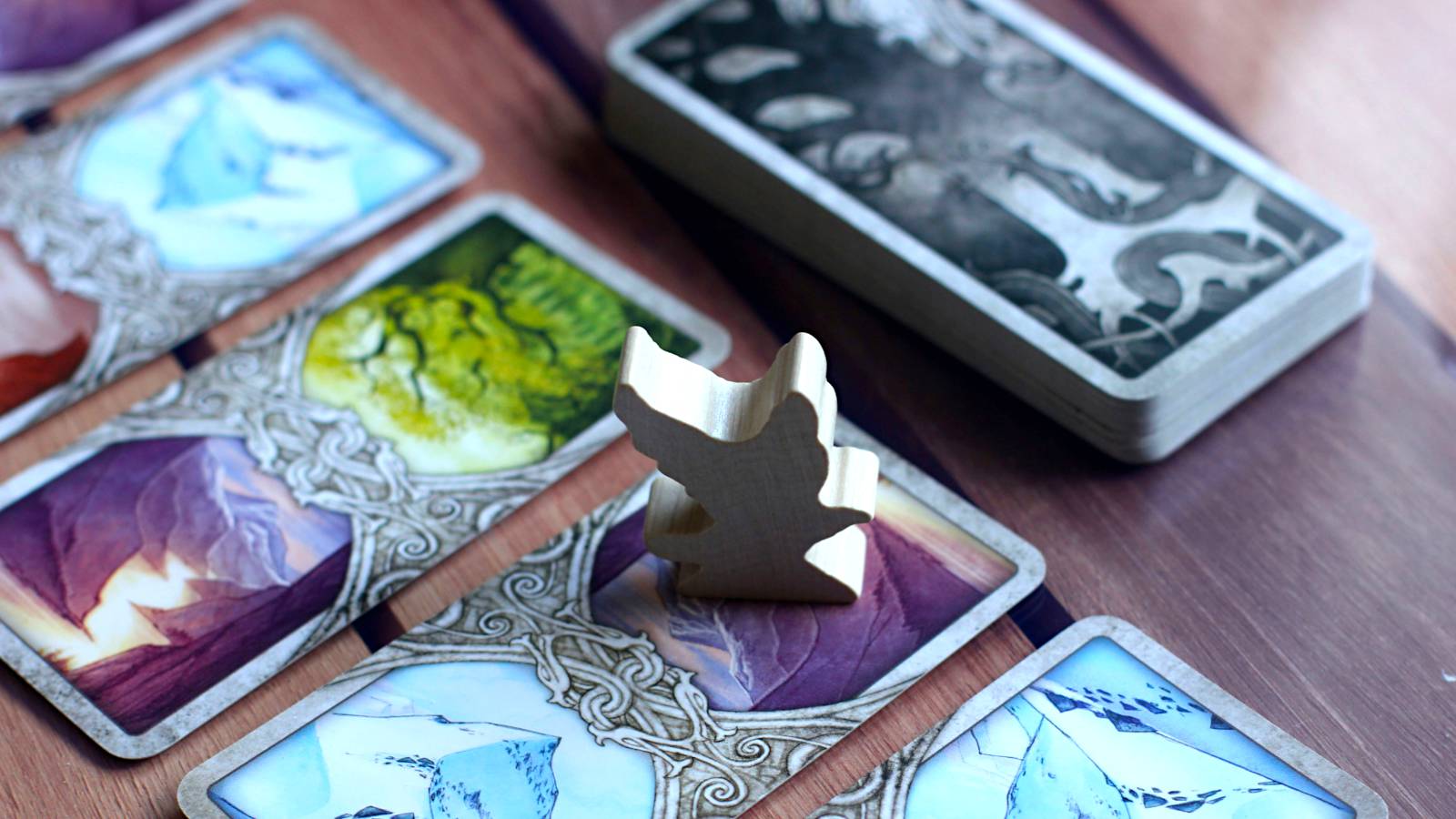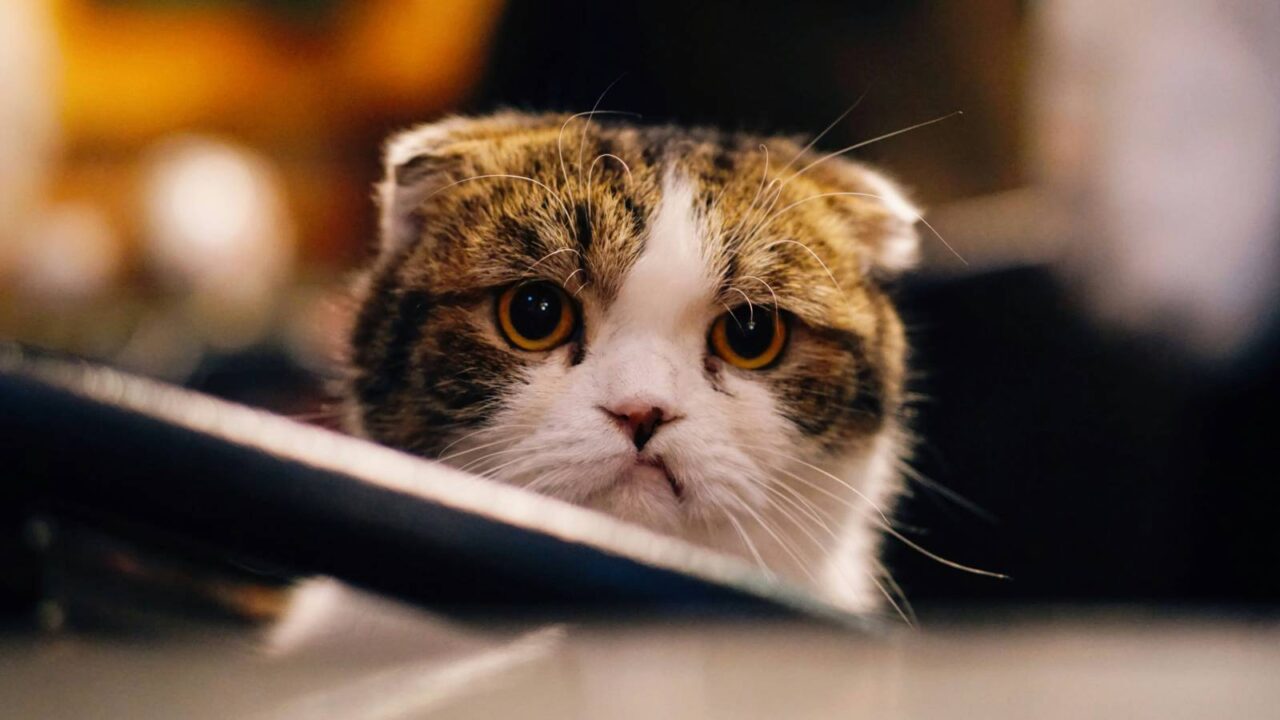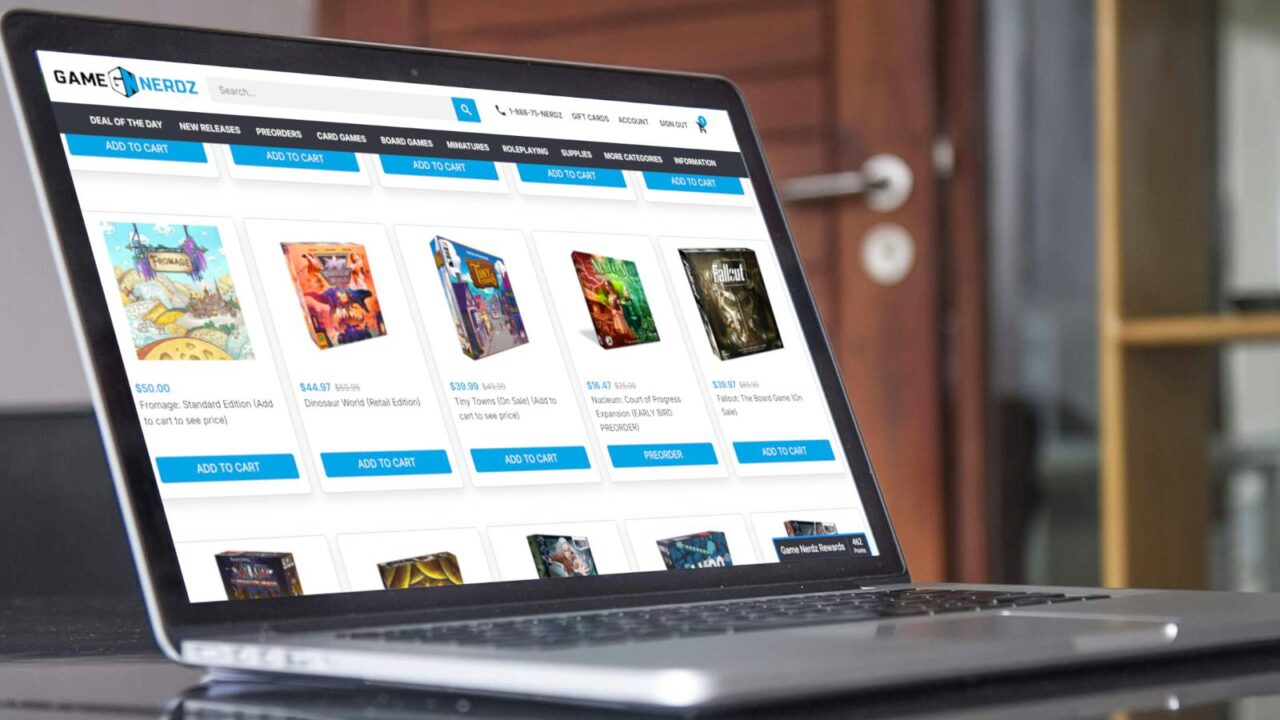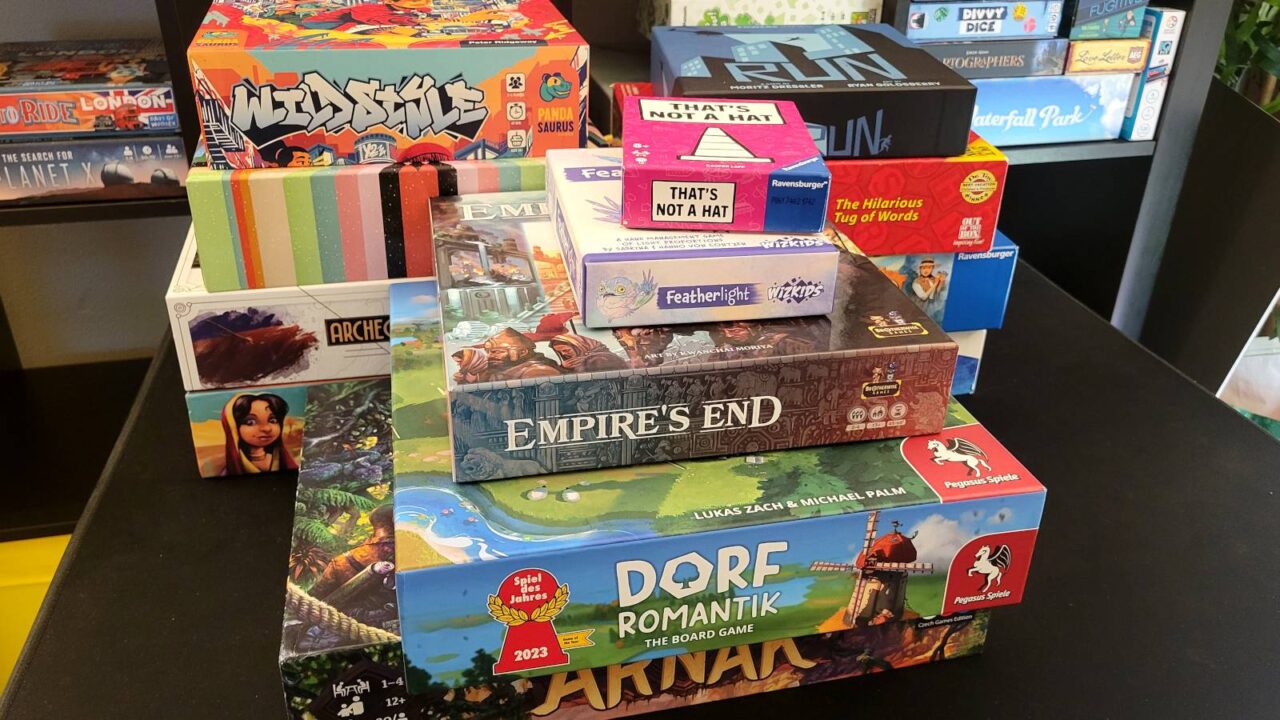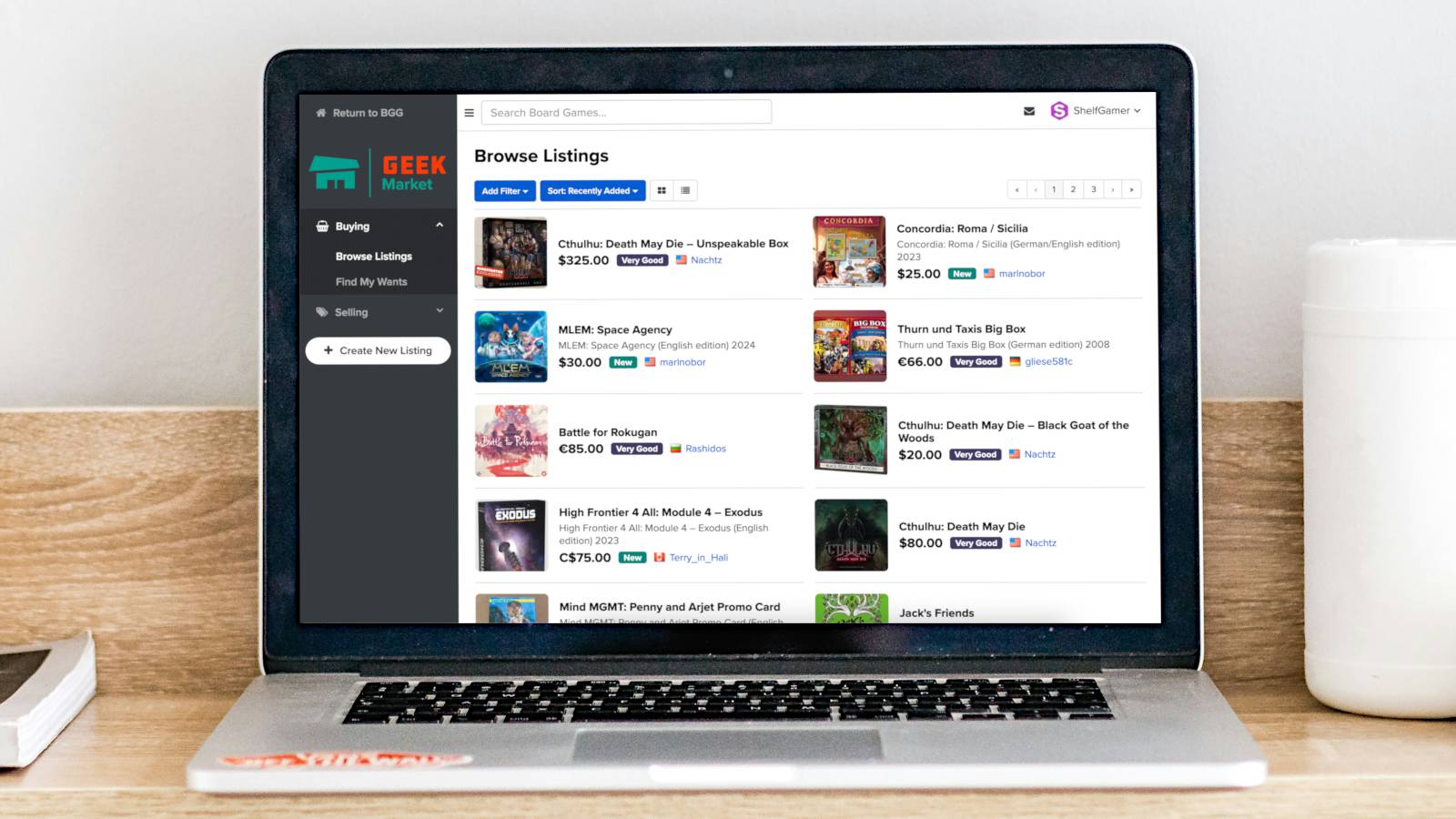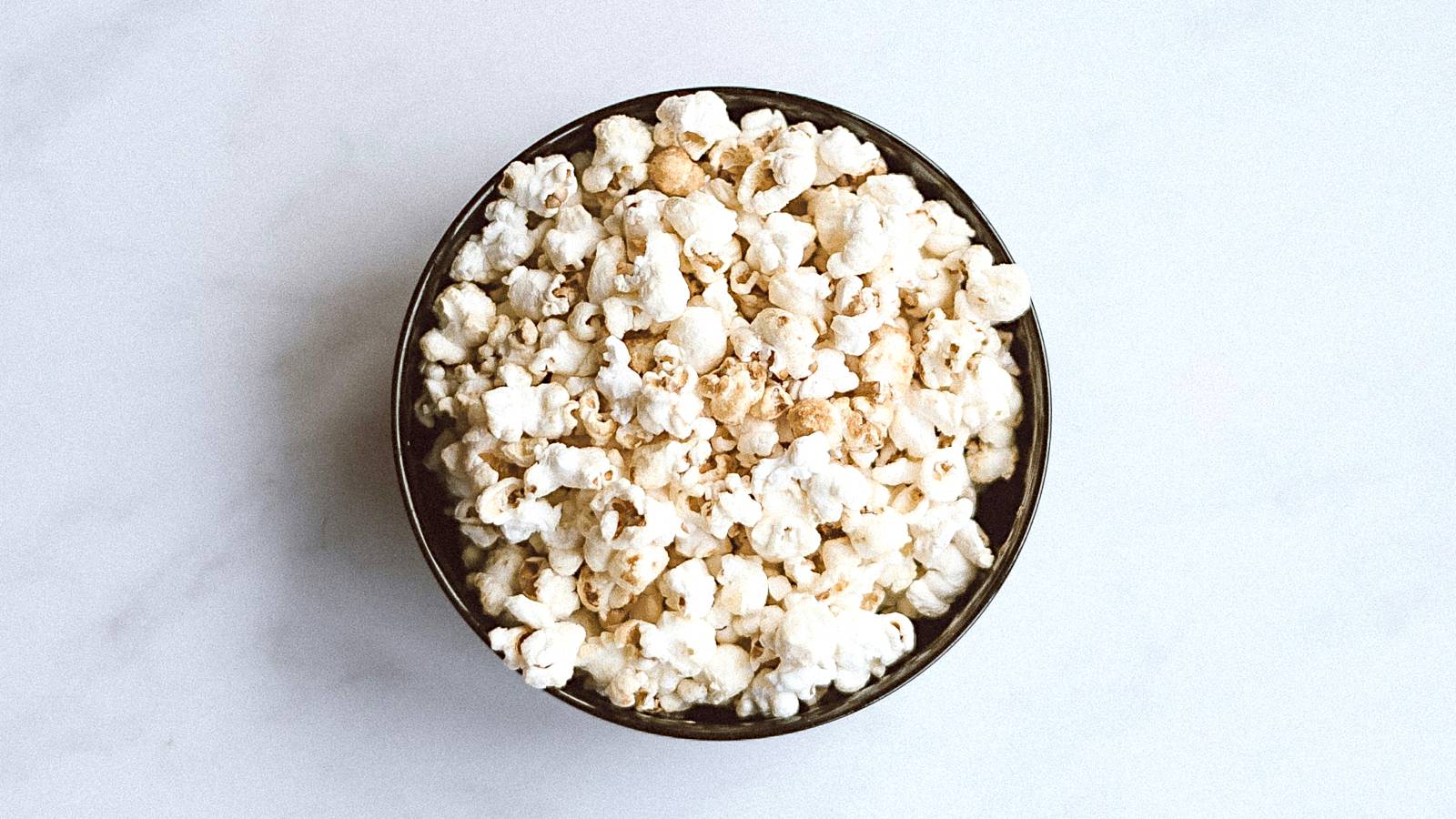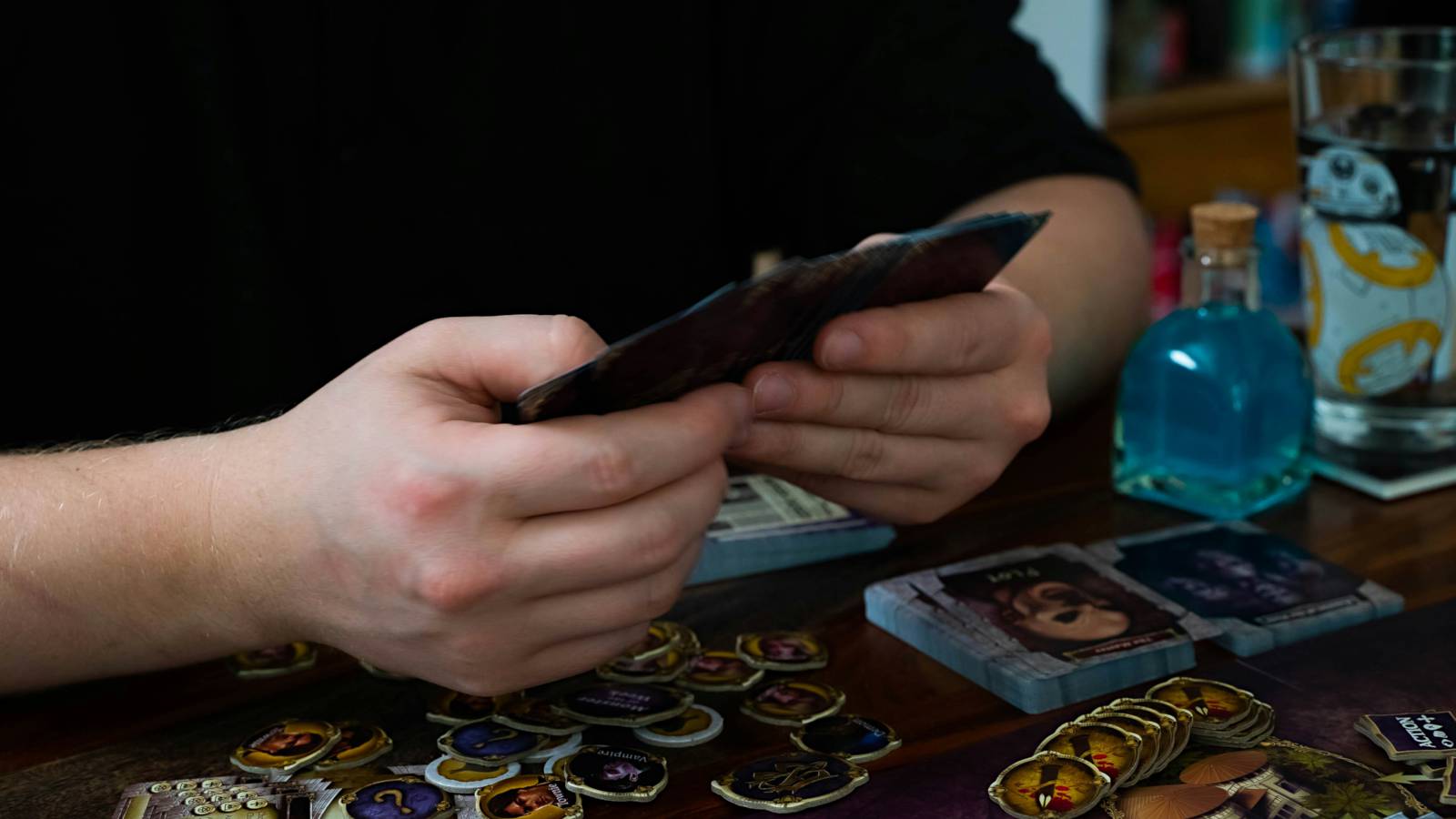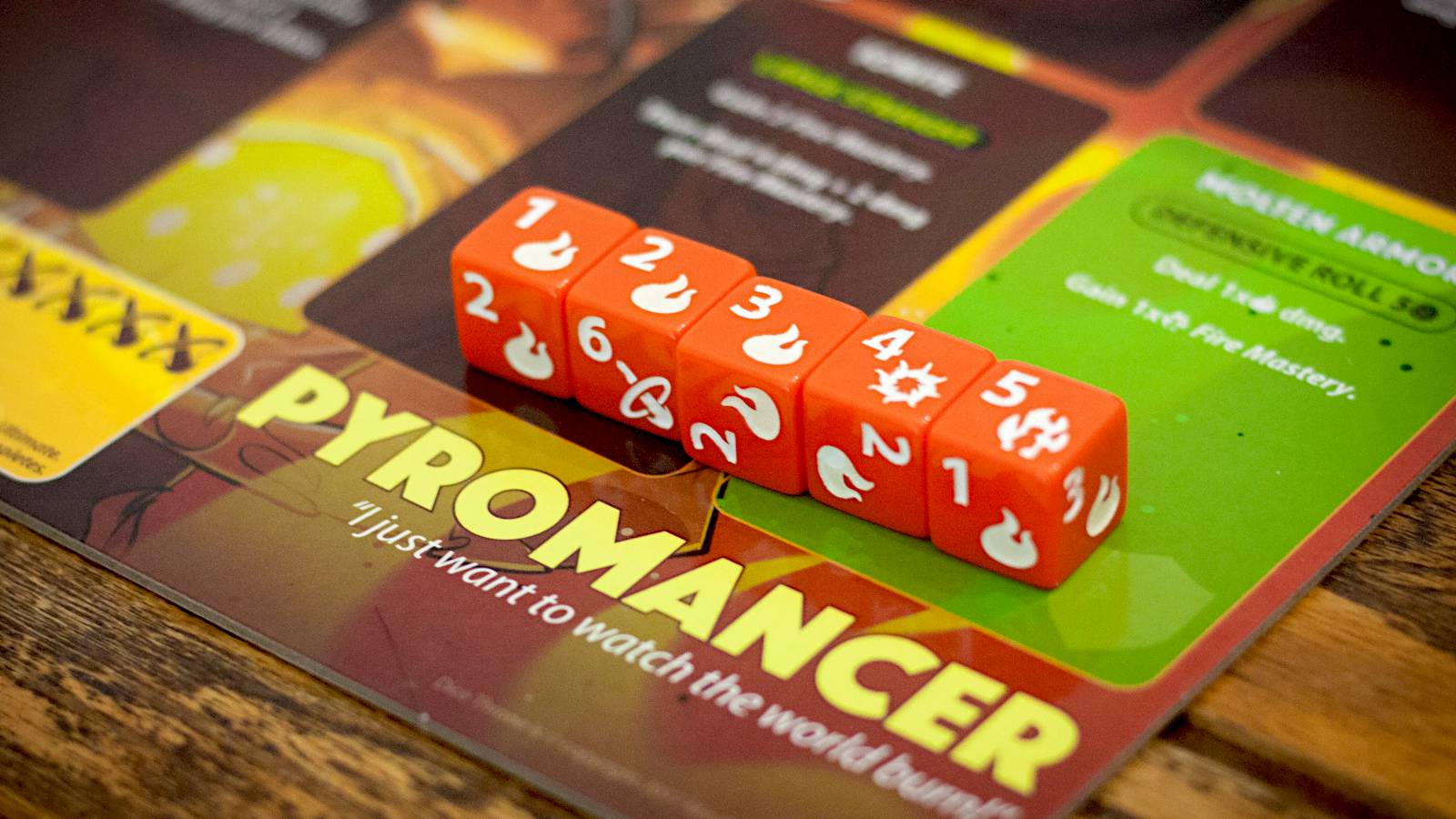As I write this, we're already a few weeks into 2024. It's that time of year when we reflect on the past many months and consider how we want to change over this coming year, if we want to change at all.
In 2023, over 80 games came into my collection, which is more than all other years combined. That's pretty wild! And while I don't regret doing that, I do want to pump the brakes and exercise a little more self-control in 2024.
But what would that mean?
If I stop chasing after new acquisitions, if I refrain from researching new games to add to my collection, if I avoid all the temptations that make me want more games, then what's left? (Apart from playing games, of course. Which I do!)
So, lately I've found myself reflecting on the nature of board gaming as a hobby and what that even means. And the more I dwell on it, the more I'm impressed by what this hobby offers and all the ways we can engage with it.
Board gaming is a multi-faceted activity with so much potential. Here are all the different ways I think board gaming can be a hobby:
Board Gaming as an Experiential Hobby
Board games are made to be played. Board games are things, but they're things meant to be experienced, and every board game offers its own unique experience. Chasing after those novel experiences is valid.
I used to be really into cologne, a hobby that's surprisingly vast. There are thousands of colognes out there that span numerous price points, with all kinds of notes and accords—and I wanted to smell them all. To me, experiencing new scents was the hobby.
The same can be said for any experiential hobby. Foodies want to try every restaurant. Craft beer lovers want to taste new brews. Hikers and skiers want to try different trails. Golfers have their courses, campers have their campgrounds, photographers have their cameras.
So, why not the same for board games? Boo to anyone who looks down on this as a "shallow" approach to gaming. Deep dives and mastery of a single game can be fun, but the playing of new games—even terrible ones—can also be fun.
Board Gaming as a Social Hobby
One of the reasons why I prefer board games over video games is the face-to-face social element. It's a more intimate kind of gaming that I appreciate.
Don't get me wrong: I've played tons of video games in my life. From online multiplayer games (Counter-Strike, Dota 2, Rocket League) to couch multiplayer games (Super Smash Bros, Overcooked, Mario Kart), I've enjoyed them. But digital activities just don't have the same social aspect.
Like sharing dinner with someone in person versus eating dinner on your own while chatting on the phone. There's an intangible but real quality to physical presence, to looking at one another, to enjoying something together.
Board gaming can just be a way to facilitate socialization. I'd much rather play a mediocre game with a conversational group than a great game with a silent group because that social interaction is valuable to me.
Board Gaming as a Communal Hobby
Whereas the above point is about the socialization during board games, this one is more about socialization about board games.
Humans are tribal. We want to hang out with people who are like us. We long to belong, and that means being around people who "get" us. And that's one of the biggest reasons to participate in any hobby: to talk about the hobby with others who enjoy talking about the hobby as much as we do!
In online board game culture, you have:
- Session reports where people share their experiences playing a game (or games). It could also be a recap of an entire game night. Or a sad, funny, or insightful story from their past. Or a rundown of games they played in the past week and their thoughts on them.
- Threads where people discuss their favorite games and why they love them so much. Or the exact opposite where they talk about the games they hate. Or games they thought they'd hate but loved, or vice versa.
- People who share photos of their collections. Sometimes they're accompanied by thoughts on every game on their shelf, other times there isn't much other than the photos. But the simple act of sharing—and seeing—those collections brings us together.
I'm sure you can think of more examples. The point is, there's value in being with like-minded people. Maybe I'm just lonely and board game forums are a way for me to feel like I'm part of a community. Who's to say that's wrong?
Board Gaming as a Competitive Hobby
Many hobbies—especially sports—involve the development of skills, perfection of techniques, and personal progress. They're naturally competitive, whether you're competing against others or simply to beat your own personal record.
No doubt, this can be true of board gaming, too.
In fact, purists will say that playing to win is the only right way to enjoy the hobby. If you aren't striving to improve, always looking for the optimal play, or diving deep into a game to explore every inch of its decision space, then you aren't a "real" board game hobbyist.
That's hogwash, of course. But I don't fault them for enjoying board games in this way! Because board games are really good at scratching that competitive itch that many of us have, even if we aren't hardcore about it.
It's fun to play Survive: Escape From Atlantis and capsize everyone else's boats. It's fun to play Wingspan and see who scores the most at the end. It's fun to play Viticulture and block someone off from a spot and watch them gnash their teeth. It's fun to play Long Shot: The Dice Game and cheer as your horse crosses the line.
And this competitive spirit comes out in solo and cooperative play, too. Losing five times in a row at FUSE is what makes the sixth attempt so elating when you win. After enduring an hour of nail-biting tension in Spirit Island, securing victory is oh-so-sweet. Striving to get a perfect score in Just One is just plain fun.
Whether you're pursuing mastery of a lifestyle game like Root or just trying to beat your previous score in Azul, board gaming is a wonderful competitive outlet.
Board Gaming as a Wellness Hobby
Board games are healthy for the brain.
According to this 2019 study, the playing of board games appeared to stave off cognitive decline in seniors, and in some cases even improved cognitive function. The study found that seniors who played board games were less likely to lose memory and other cognitive abilities compared to those who didn't play.
In this 2003 study, board games (and other leisure activities) were associated with a reduced risk of dementia in those who were 75 years of age or older. This doesn't necessarily conclude that board games prevent dementia, but it's possible that the cognitive involvement of playing board games may help.
And in this 2011 study, middle school students who underwent a 30-week chess instructional program scored significantly better on state assessments and end-of-year course grades than those who didn't.
It's not very surprising, though, is it?
You're actively using your brain when you play board games, not just to formulate strategies and solve efficiency puzzles, but also to think about the ruleset, consider what's possible, understand what's going on, and process information.
If you care about preserving your mental acuity, these studies suggest that board gaming might be a good way to do so.
Not to mention the fact that board games offer us a reprieve from digital consumption. When we're inundated with electronic screens, all vying for our attention, it can't hurt to get away and give our brains a rest from that constant stream of empty virtual calories from time to time.
Board Gaming as a Therapeutic Hobby
Board gaming can be a form of self-care.
It's not far off from, say, a gardener who unwinds by getting lost in the soil, trimming plants, and harvesting their rewards. Or a knitter who stitches together thousands of loops as a way of leaving stress behind. Or a musician who plays their instrument for the sheer joy of it.
Little moments of pleasure are everywhere when playing board games, whether it's the tactile satisfaction of well-made components, the mechanical repetition of shuffling cards, or the mental triumph of winning.
And let's not forget the tangential activities like breaking the shrink on a new game, punching out fresh tokens, reading through rulebooks, organizing components, sleeving cards, arranging boxes on a shelf, etc.
There's something therapeutic in all of this. I know I can't be the only one for whom this hobby is a source of delight and stress relief!
Board Gaming as a Creative Hobby
So often, board gaming gets boiled down to two options: acquiring games and playing games. But there's a third option: altering games!
The most obvious example would be painting miniatures.
This activity has steadily grown in parallel with the booming popularity of miniatures-heavy Kickstarter campaigns and deluxe retail releases. But even before that trend kicked off, people had long been painting miniatures for tabletop RPGs—and it only makes sense that interest would bleed into board gaming.
Another lesser-known example would be creating foam core board inserts.
You know how so many board game boxes are basically just empty space, forcing you to bag up all the components if you want to keep it organized? Yet other games, like Spirit Island and Trekking Through History, come with intricately designed inserts that make setup and teardown easier?
Well, you can make your own custom inserts using nothing more than foam core boards, a craft utility knife, and craft glue! You can make them as simple or sophisticated as you want, and the benefits are practical. (I've made several foam core inserts myself and it's a great way to get crafty.)
A third example of creativity in board games: designing your own house rules and variants. I know this one's contentious, but hear me out.
If you like game design, you don't have to start from scratch. Instead, you can modify an existing game to see how those changes affect the gameplay. It's actually a great way to practice and hone your game design skills.
Suppose there's a game you like but one aspect turns you off. That thing is basically a problem standing in the way of your enjoyment, and trying to solve that problem with your own gameplay tweaks can be really fun! It exercises the creative parts of your brain as you explore various potential ideas.
Board Gaming as a Knowledge Hobby
Is it possible to engage with the board game hobby without acquiring or playing any games? Absolutely! How, you ask? By cultivating an encyclopedic knowledge of the hobby to whatever extent interests you.
As they say, knowledge is power—but knowledge is also fun! There's satisfaction and enjoyment simply in knowing things, and that's true of hobbies, too.
Maybe you want to know the nuances between every worker placement game ever released. Or maybe you want to stay up-to-date on board game industry news, knowing every little change amongst companies. Or maybe you want to be the go-to guy for the latest board game Kickstarter campaigns.
You can also delve into the past, becoming a sort of board game historian who knows the ins-and-outs of board gaming across the decades.
The endless pursuit of knowledge can be intoxicating, but it can also be helpful. Any time someone has a question—whether they're asking for game recommendations, context for a scandal, or dates when things happened—you can draw on your vast memory bank and spit facts.
Board Gaming as a Spectator Hobby
Here's another way to engage with the board game hobby without ever acquiring or playing games: watching others play them! Made possible by all the YouTube channels that deliver this sort of content, of course.
I recently started watching GameNight! by BoardGameGeek and it's been such a pleasant surprise. Other notable channels with playthroughs include the Dice Tower folks, the Shut Up & Sit Down guys, the group at No Rolls Barred, Monique and Naveen at Before You Play, and more!
Some might scoff at this, but it's really no different than watching video games on Twitch or sports on television. Vicarious entertainment is totally valid, and it's great that we have this as an option now.
Plus, with the advent of the World Series of Board Gaming in 2022, I imagine spectatorship for board games will become more acceptable and more prominent with every year the WSBG runs.
Board Gaming as a Collection Hobby
Collecting is a legitimate hobby, period. If you have the money and space for it, why not? If you're drawn to board games and that's what you want to collect, have at it. Why should board games be off limits?
Collecting is fun in itself, and it doesn't matter if you never play the board games you collect. Collections don't have to be functional. People with Funko Pop collections don't "do" anything with them. Blu-ray and DVD collectors don't necessarily watch them all. Same for coins, leaves, baseball cards, caps, etc.
But you know what's even more fun?
Hunting for deals!
I'm convinced that the real excitement of collecting comes from the high of finding what you want for a good price. When stores run big sales, it's fun to scour through listings and see what we can score. Retail therapy is real.
And don't forget about trading.
I participate in the monthly math trades on BoardGameGeek and it always gives me something to do and look forward to during the first two weeks of every month. There's also the rush that comes from getting rid of a game I no longer want in exchange for one that excites me.
How Do You Engage With Board Gaming?
As for me, thinking about this subject and writing this article has helped me to conclude: I'm pretty happy with how I engage with the hobby!
I like the process of researching and learning about games—both new and old—even if I don't buy them. When I feel tempted to, I'll just need to remind myself that I've set a budget for myself and that I should stick to it.
I like that board gaming is a way for me to spend time with my girlfriend, friends, and family, and I like that board gaming exercises my brain and may help against cognitive decline. I like the tactile satisfaction and therapeutic effects that come with playing, especially during solo play.
I like crafting foam core inserts and playing around with house rules and variants. It scratches that creative itch in me, and I can pursue them on my own terms.
And when I'm bored and lonely, it's nice that I can turn on YouTube in the background and feel like I'm hanging out with the Dice Tower or GameNight! crews as they play through games.
What about you? How do you engage with the board gaming hobby? Is there more you want out of the hobby or are you happy with how things are? Let me know down in the comments! I'd love to hear from you.


